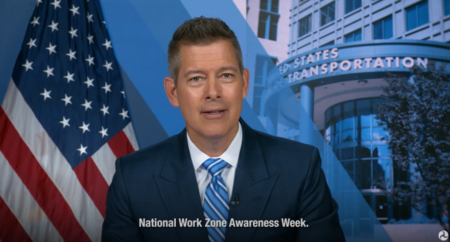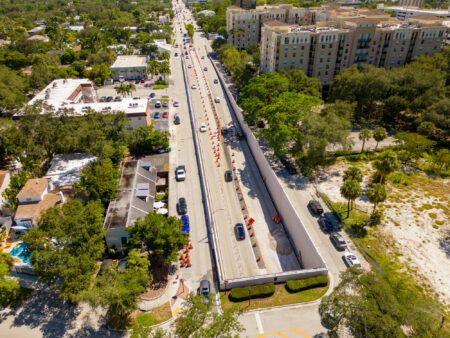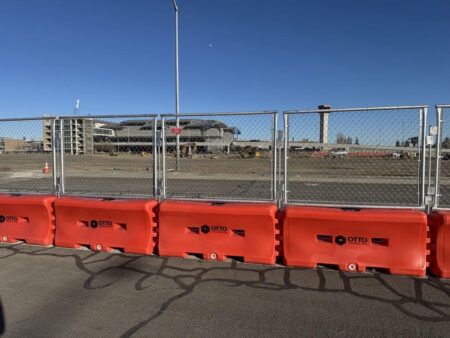Dubai’s Roads and Transport Authority (RTA) has won the Global Road Achievement Award for Road Safety from the International Road Federation (IRF) for the implementation of its Traffic Accident Black Spot Management System.
IRF’s Global Road Achievement Awards are among the leading global awards for recognising creative road projects and individuals who care for the improvement of roads in the socio-economic development of nations. Maitha bin Adai, CEO of Dubai’s Traffic and Roads Agency, accepted the trophy from IRF chairman, Abdullah Al-Mogbel, and IRF president and CEO, Patrick Sankey, at the awards ceremony that was part of the organisation’s Global R2T Conference & Exhibition in Las Vegas, USA.

As part of Dubai’s vision of ‘Safe and Smooth Transport for all’, the RTA initiated a special project, together with an international consultant, to further improve traffic safety on the city’s roads by enhancing the methods of treatment of crash blackspot locations based on best international practice. The Traffic Accident Blackspot Analysis System project, aimed to identify weaknesses in its existing manual blackspot management system, review international best practice, develop a new comprehensive computer-based accident blackspot analysis system, and prepare countermeasures for blackspot locations in Dubai.
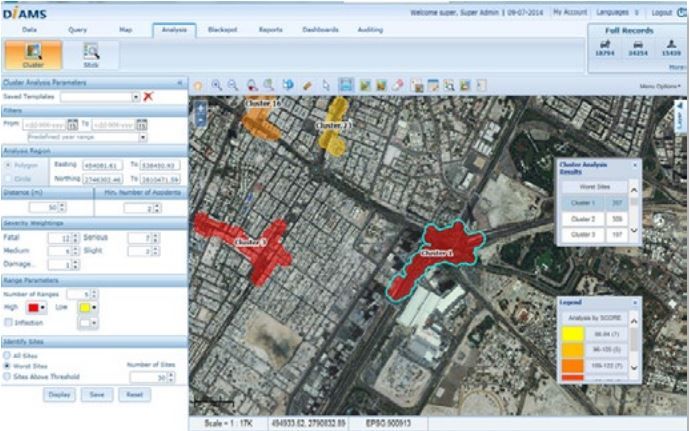
The primary technical goal of the project was to contribute to an accelerated improvement in traffic safety. In 2007, Dubai witnessed 332 road fatalities with a fatality rate per 100,000 population of 21.7. By 2018, this had dropped to 141 deaths and 2.4 for every 100,000 citizens, which resulted in lowering the social and economic impact on the fabric of Dubai. Blackspot Safety Management (BSM) and Network Safety Management (NSM) are the most innovative and efficient engineering-based approaches to improving road safety. However, these methods are reactive. The RTA has now adopted a proactive approach, using various tools to support the existing Dubai Integrated Accident Management System (DIAMS).
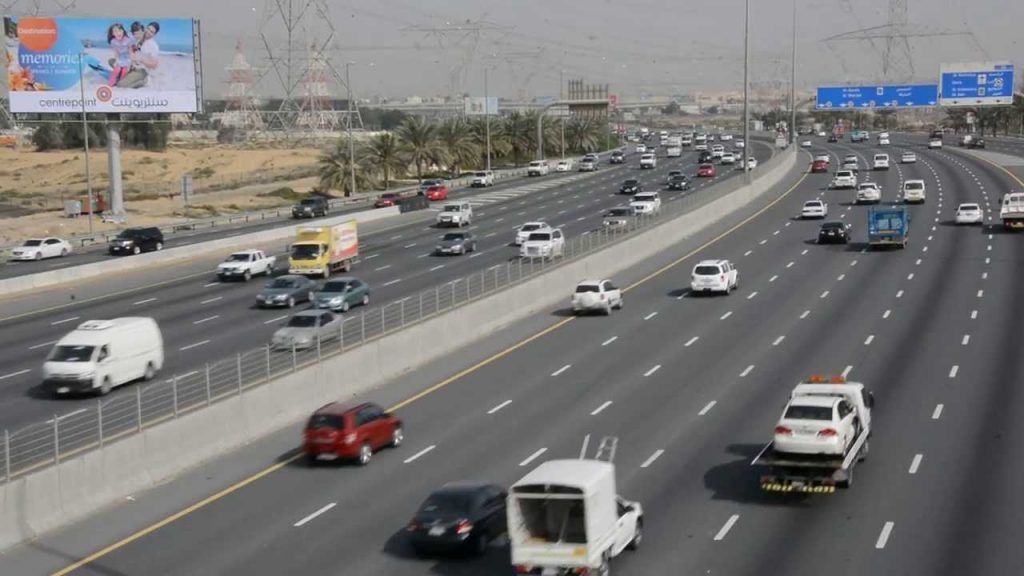
The new automated blackspot analysis system is technically superior and five times more efficient than the existing system, and it was specifically developed using actual Dubai accident data. The attributes that define blackspots, such as weighting the type of injury and their severity, were validated through a series of iterative processes using sensitivity analysis thereby ensuring system relevance to Dubai. A database of possible countermeasures was developed. The accident Crash Modification Factor (CMF) was used to express the reduction in accidents after implementation of the countermeasures. The International Road Assessment Program (IRAP) toolkit and the Institute of Transport Engineers (ITE) issue brief NO.8 were integrated into the system to provide a library of countermeasures and to evaluate their effectiveness.
In addition, new measures based on Dubai’s own experience, were added. Fatalities per 100,000 on two of the country’s major highways fell dramatically, with the Emirates Road dropping 27 to 20, and Sheikh Mohammed Bin Zayed Road from and 34 to 12. Dubai’s current accident fatality rate of 2.4 per 100,000 population is now placed between Norway’s at 2.0 and Sweden’s at 2.5, showing a reduction of 30% since 2014.



